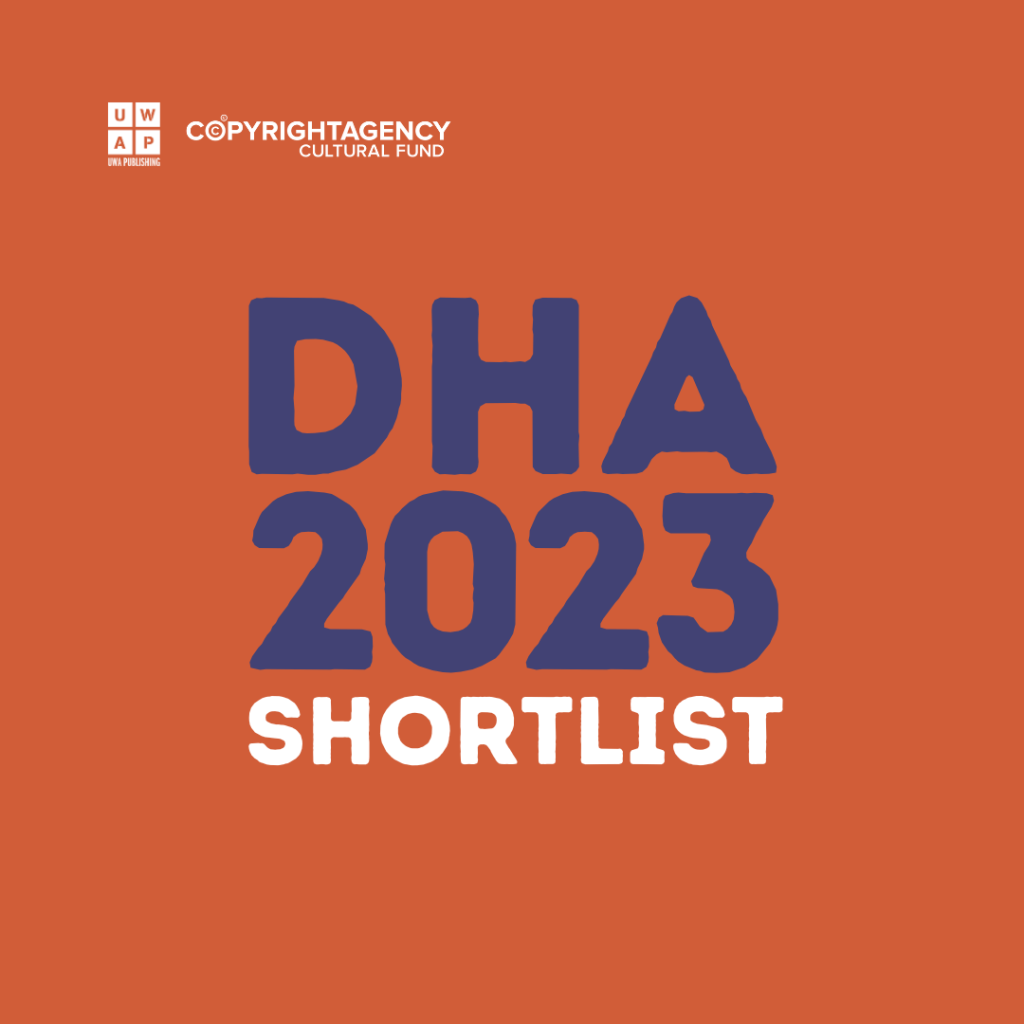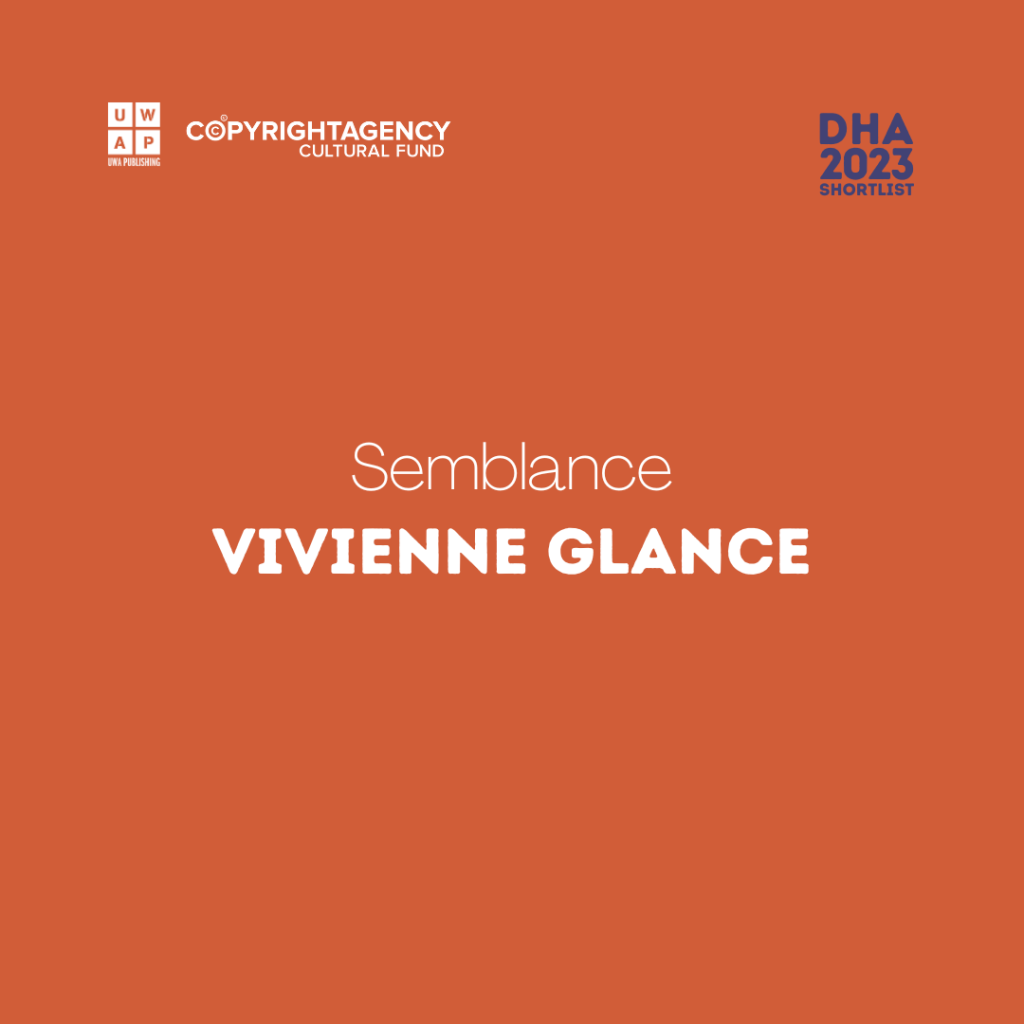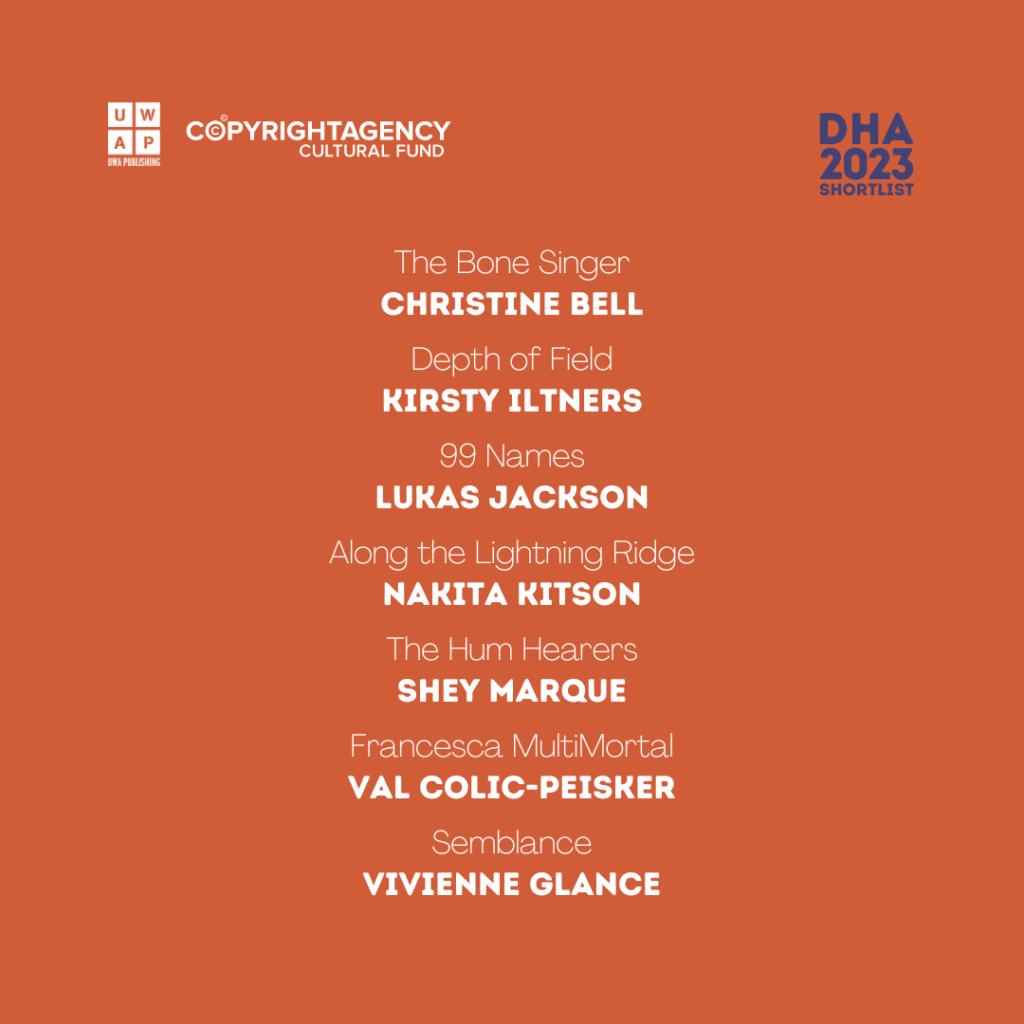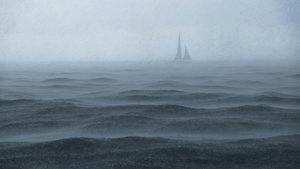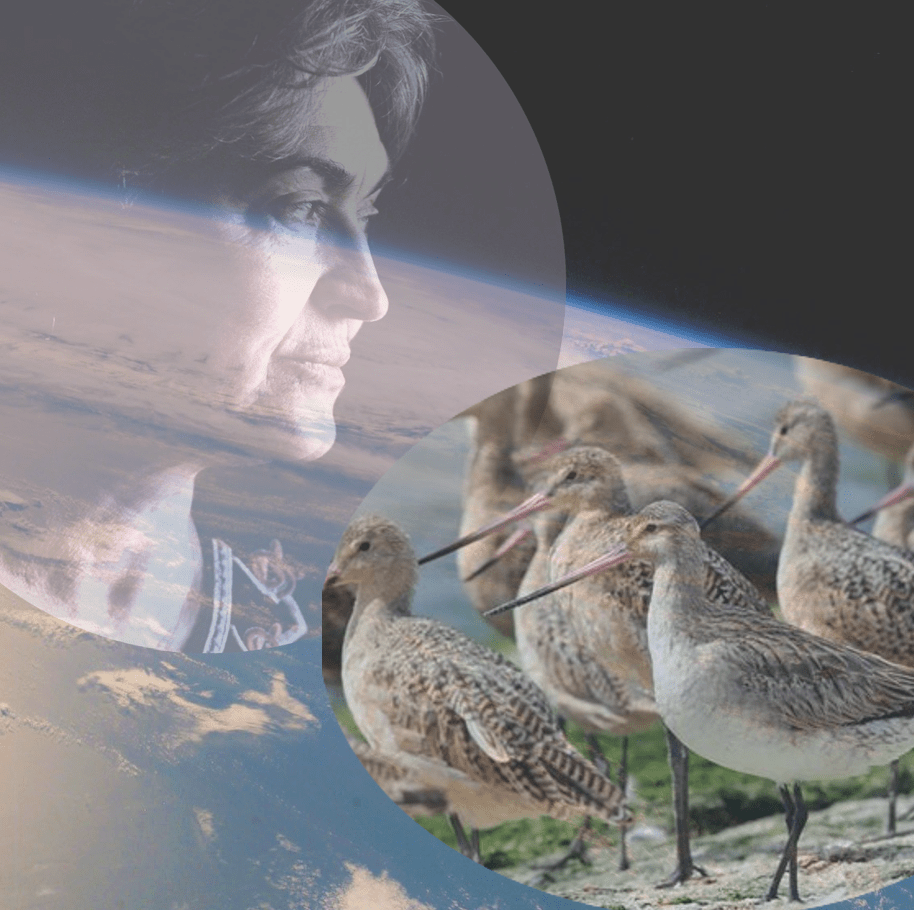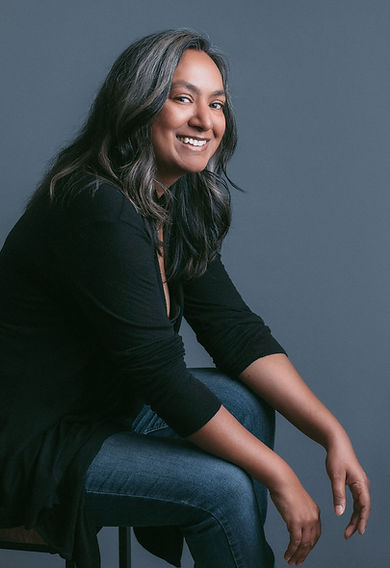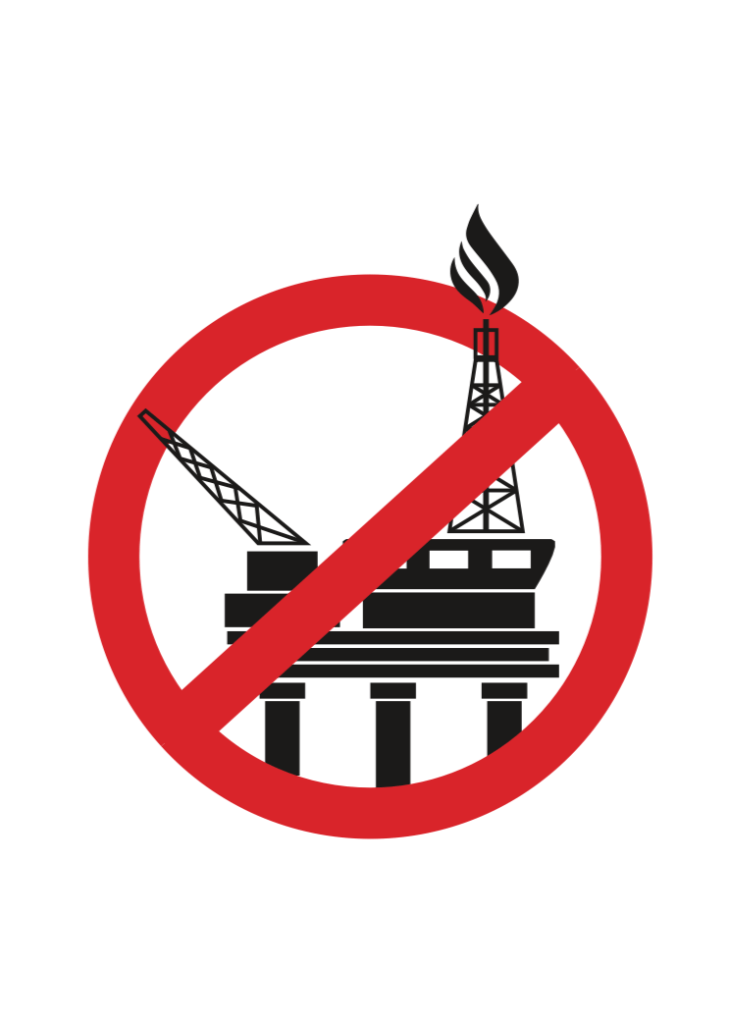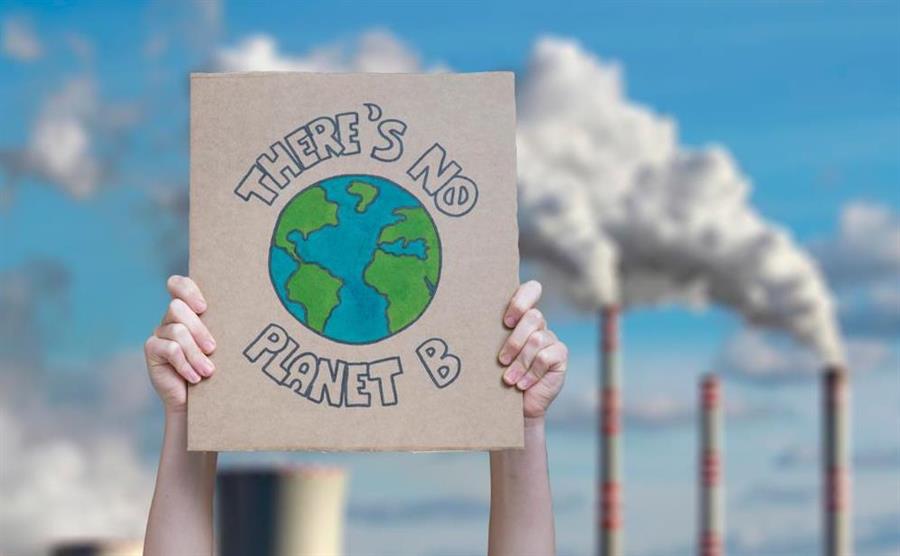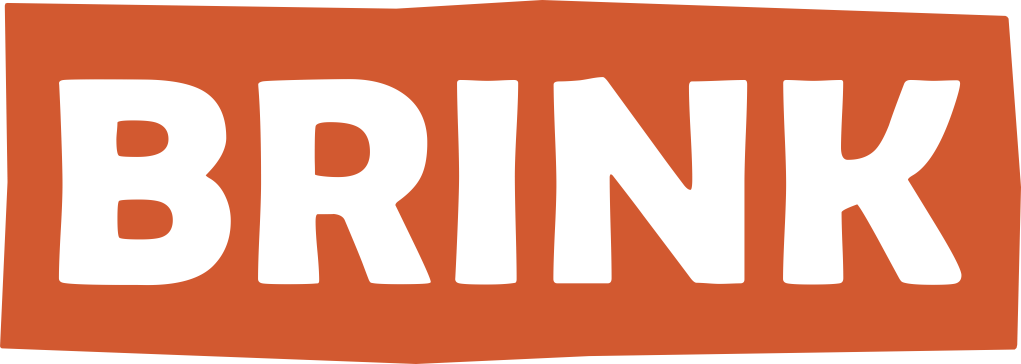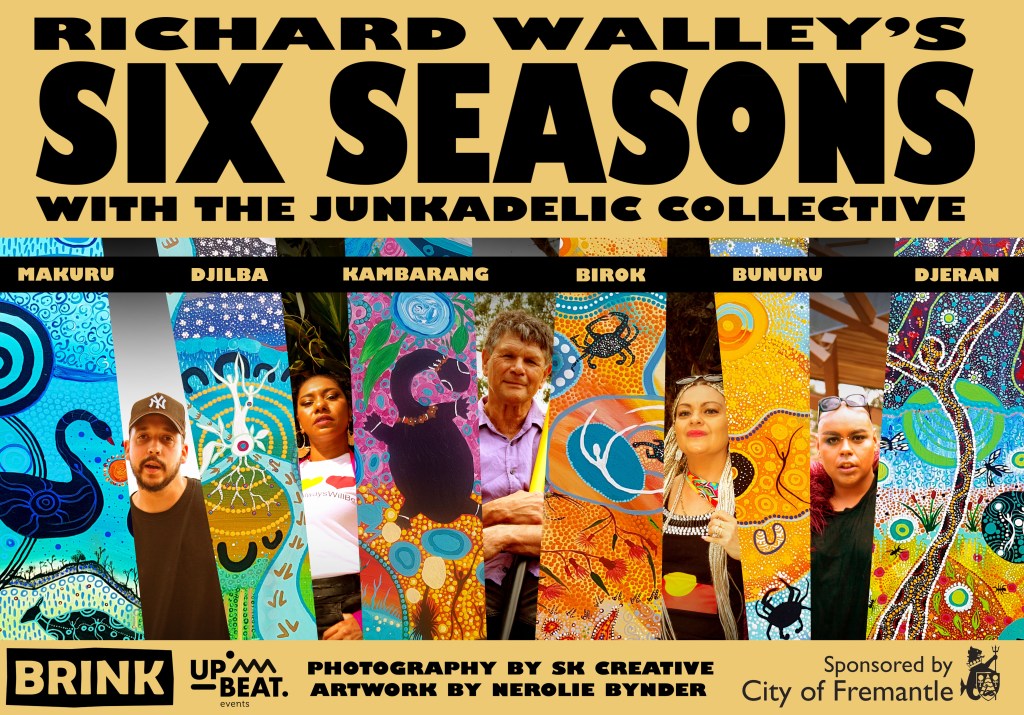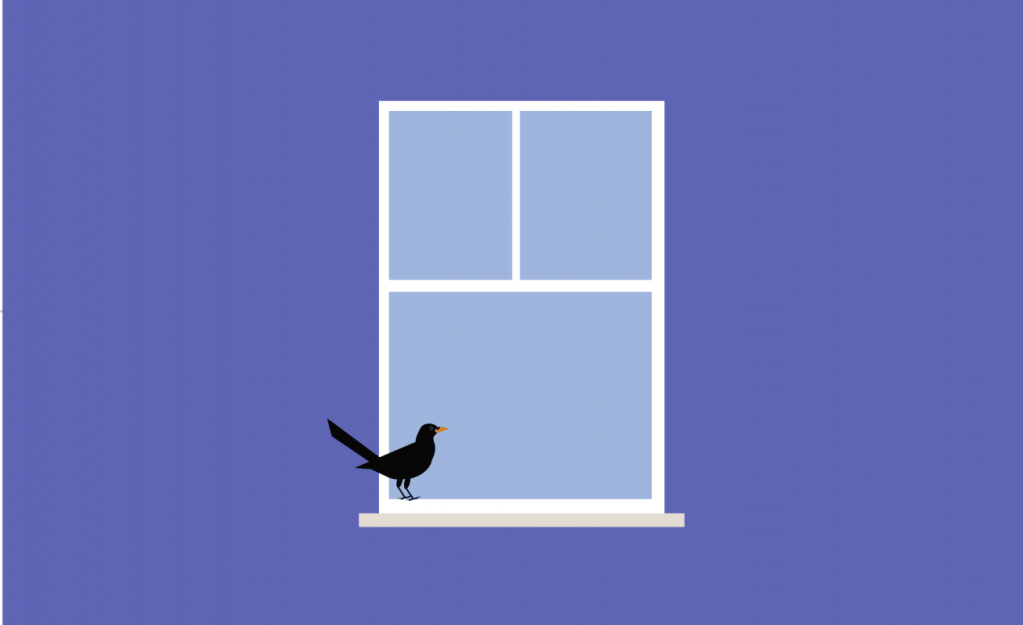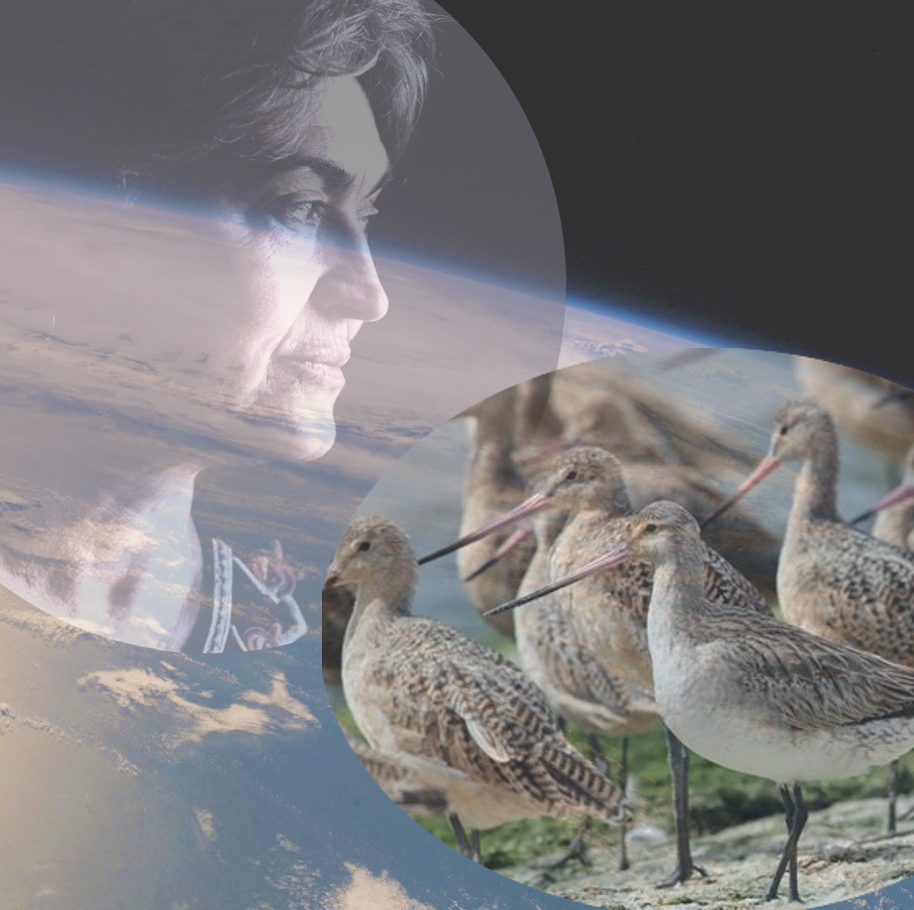2025 was a productive year of theatre as well as novel writing (or more accurately, editing!).
OCEANS APART
The year started out with a bang. I worked with the amazing Colin Archibald, directing his wonderful play ‘Oceans Apart’ for the Blue Room’s Summer Nights season.
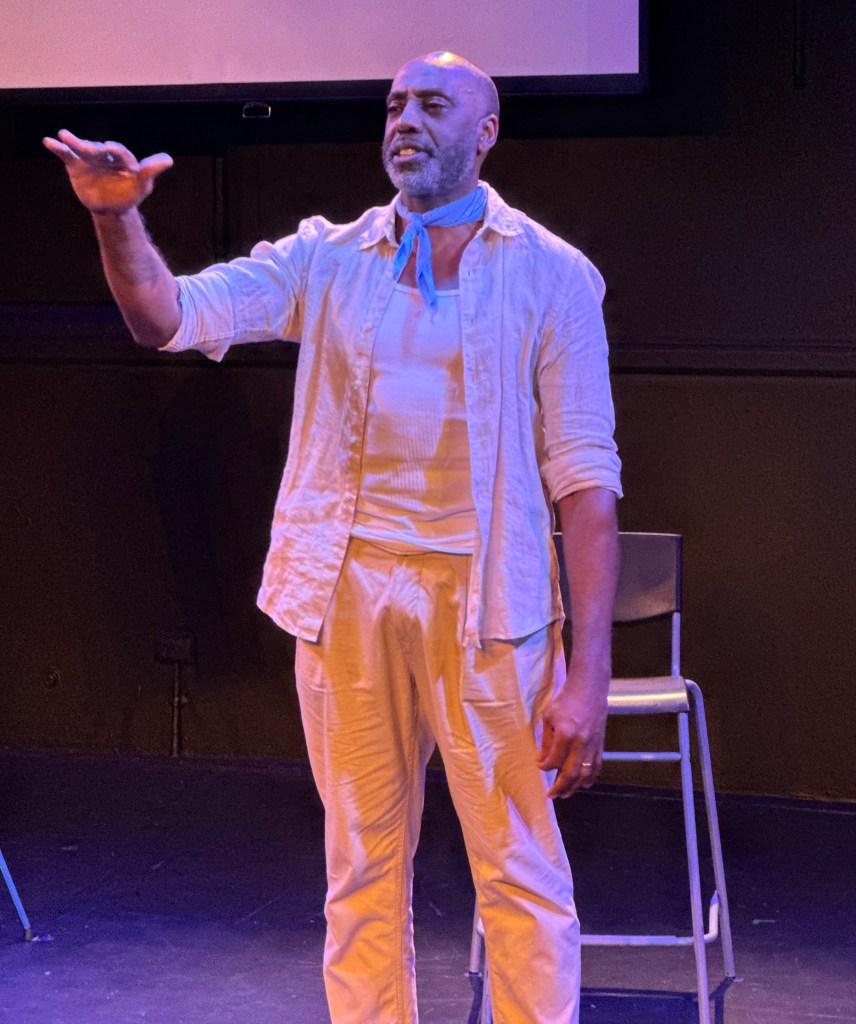
This play was a joy to be part of, with Colin’s evocative writing and honest story-telling.
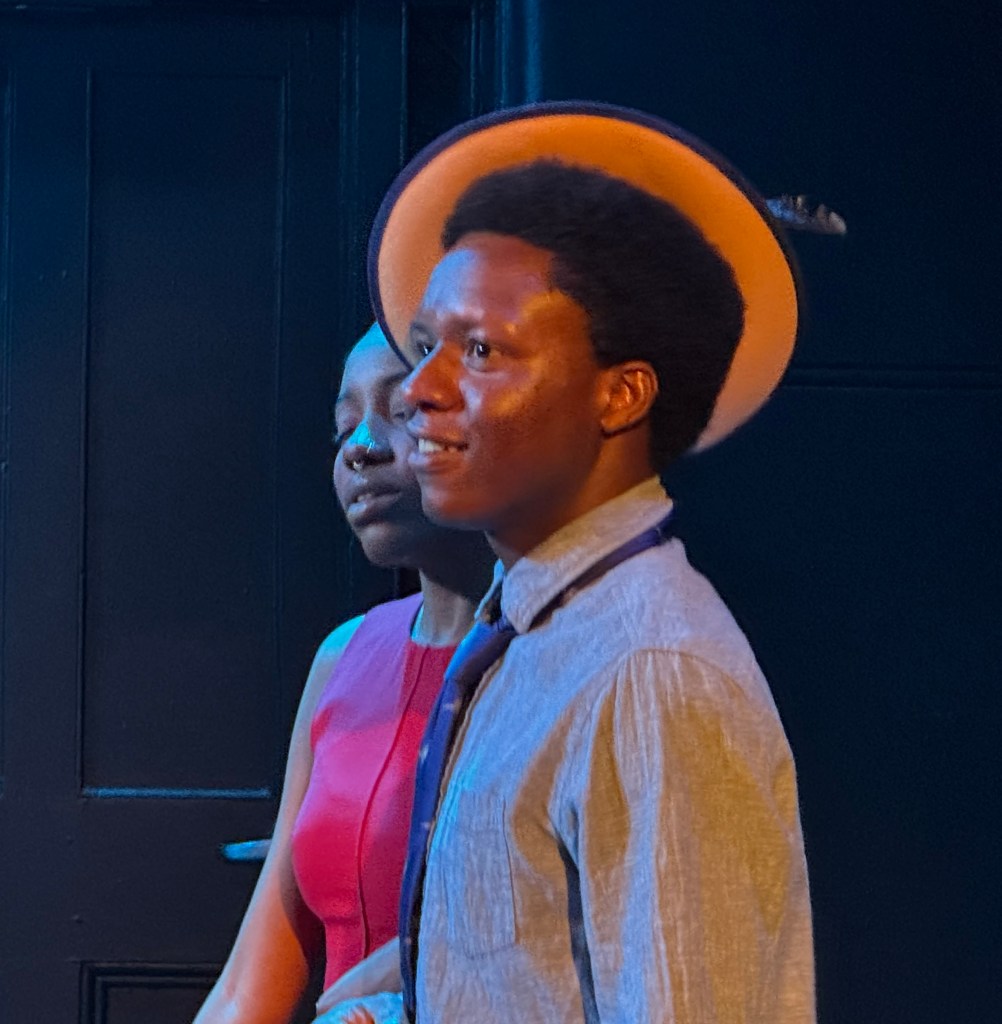
The cast were fantastic emerging actors who brought intensity and passion to their performances.
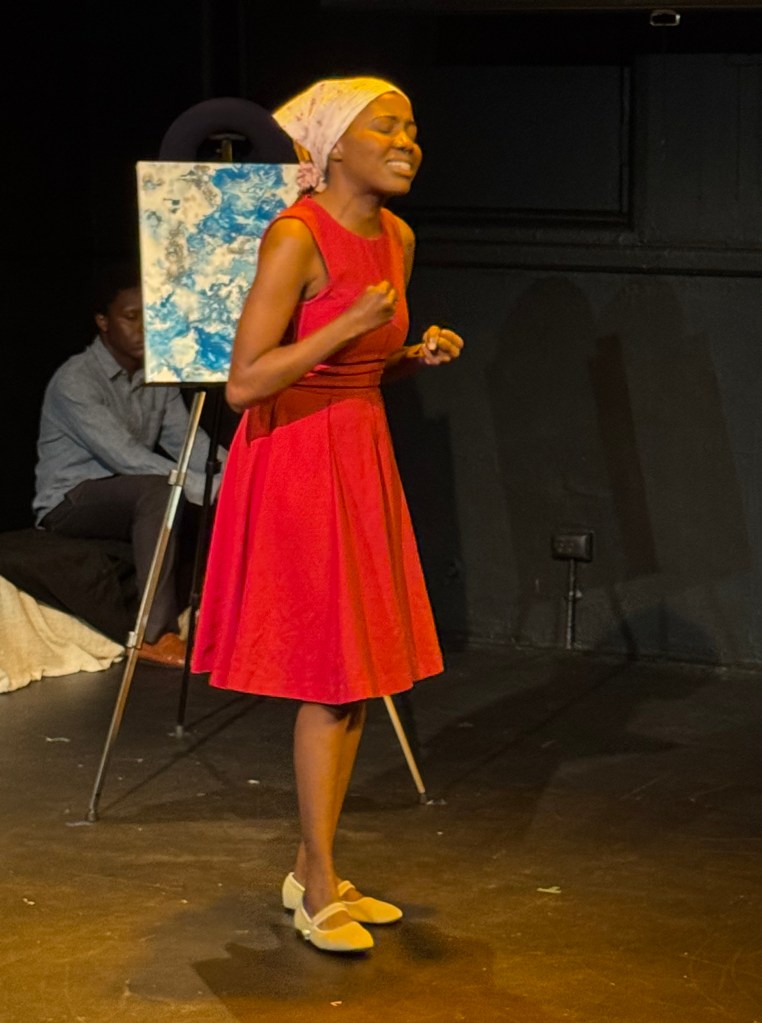
Each night was SOLD OUT! And there was a Q & A following the last night at the Centre for Stories. Such a talented cast and writer. I hope we work together again soon.
BRUISED
Soon after ‘Oceans Apart’ I was straight into casting, producing and rehearsing my own play ‘Bruised’ was presented as part of the Blue Room’s Main Stage Season in July 2025.
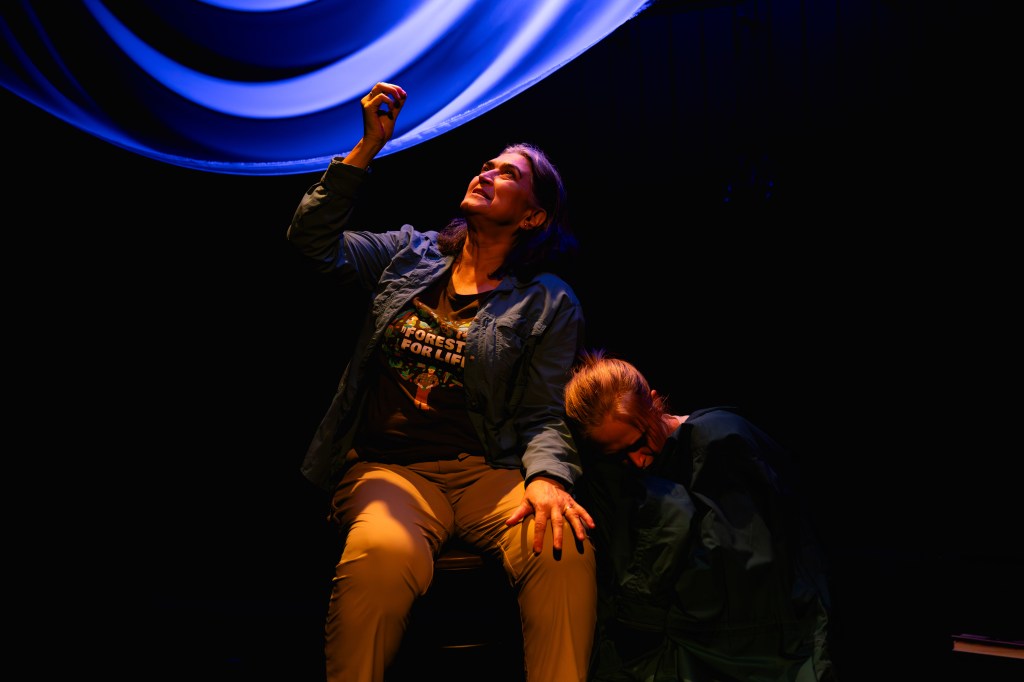
’Bruised’ draws audiences into an intimate dinner shared by three women—a former astronaut, a birdwatcher, and a migrant. As their stories unfold, they reveal the invisible threads that connect us all to a world in constant flux. From the patterns of migratory birds to the forces of the oceans, from the uncertainties that lie ahead to the quiet strength of human survival, their conversation touches on the forces that shape our lives and our futures. Through immersive storytelling and emotional insight, ‘Bruised’ explores how we adapt to change and where we find hope. It’s a celebration of resilience, wisdom, and the power of personal connection in an uncertain world.
Our first review came from Holly Ferguson in 6000 Magazine. She said, “Vivienne’s writing balances poetry and realism well… the show did prompt me to reflect on my own concerns about our climate emergency. Perhaps my view has been too siloed. BRUISED is the reminder I needed that we are all connected, and our strength lies in holding space for each other’s fears, hopes, and truths.”
Several more positive reviews followed. Paul Meek in Xpress Magazine said, “Written by award-winning playwright Vivienne Glance, it was an urgent and pressing examination of current and near-future climate concerns that was at times almost suffocating in its intensity…. an important piece that will likely only become more so as the decade continues.”
Sarah McNeil in the POST Newspapers said “Local writer and actor Vivienne Glance has always been inspired to write about big environmental issues, but she does it in intimate and personal ways that have the greatest impact. ‘Bruised’ is a perfect illustration of examining global warming and the changing planet through the eyes and experiences of three women… Through their personal stories, each one bruised by life’s challenges but tinged with hope, we recognise and relate to a changing world.”
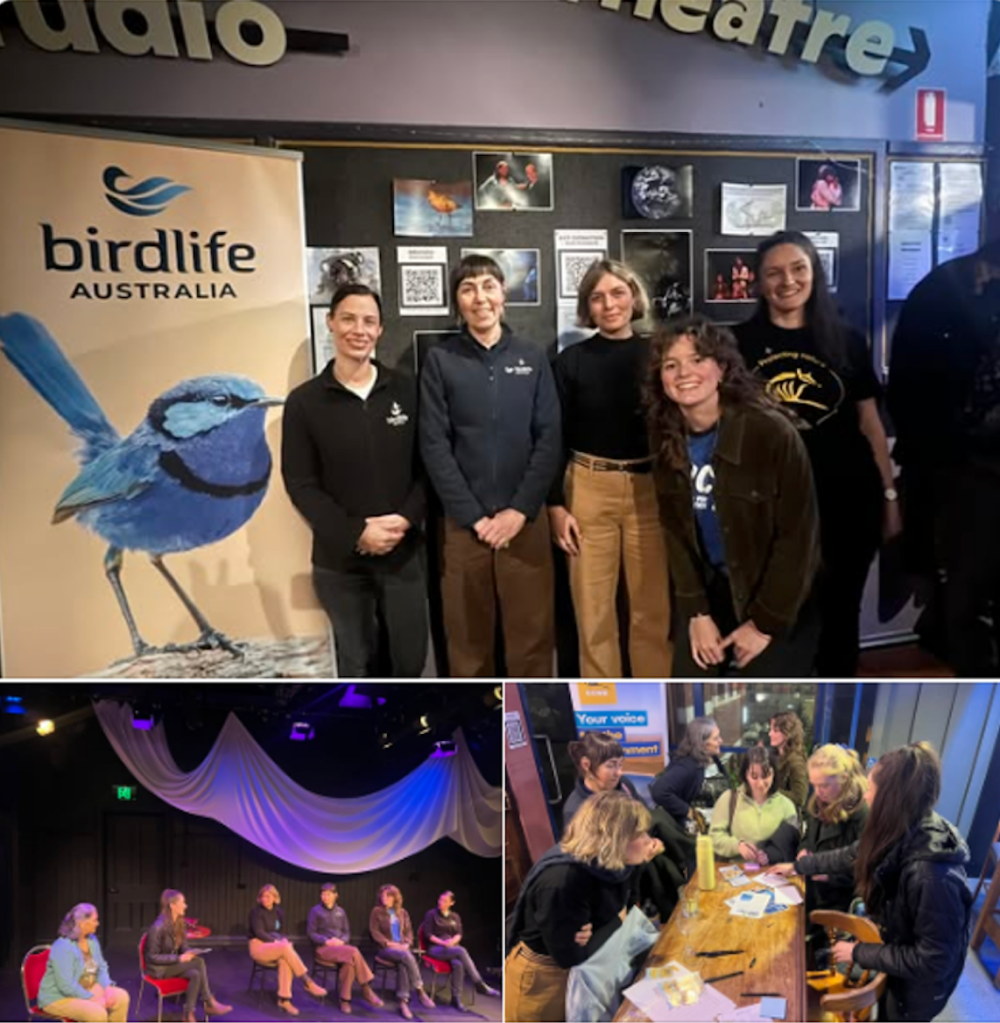
And it was really exciting to join with Birdlife WA, Australian Youth Climate Coalition and Conversation Council WA to hold a post-show community event to talk about their work and the issues raised by ‘Bruised’.
And ‘Bruised’ will be published by Playlab in 2026!!
STARING AT THE SUN
I made a commitment to my self to complete another edit of my novel ‘Staring at the Sun’ by the end of 2025. And I managed to do it! 🙂 Every time I edit my writing, I find ways to make it better. I’m honing my craft through practice, the best way to do it, I believe.
‘Staring at the Sun’ revolves around biomedical researcher, Dr Daniel Fredericks, who has the perfect job and has found the love of his life. But when he is confronted by the ethics of his research, he suddenly finds life has become complicated.
Next steps are to send it off out into the world to find a publisher. Wish me well 🙂
SEMBLANCE
I also completed an edit earlier in the year on ‘Semblance’. Although this work was shortlisted in the Dorothy Hewitt Award run by University of Western Australia Publishing, I’m still looking for a publisher. An edit is always a good way to tighten prose and review structure, and I think this version is better than the one I submitted to the DHA!
I sent it to Fremantle Press and resubmitted the new edit to UWAP, both local small presses, but with no luck. Although, UWAP did say in any email “As we often only publish 1 adult fiction novel a year, we have to be very selective on the manuscripts we acquire. That being said your work is very well-written, has an engaging structure and we found the story to be immediate and warm-hearted. We wish you all the best with your manuscript and hope that it finds a well-deserved home soon.” Thanks for the positive sentiment, and fingers-crossed 2026 is the year ‘Semblance’ finds a home 🙂
My poem ‘Those who were seen Dancing’ was published in Brushstrokes VI – the Ros Spencer Poetry Prize Anthology, and I was invited to read at the launch in December at Perth Poetry Club. This poem may reflect the experience of some of us who attend rallies in the hope of making the world a better place. A short excerpt is below:
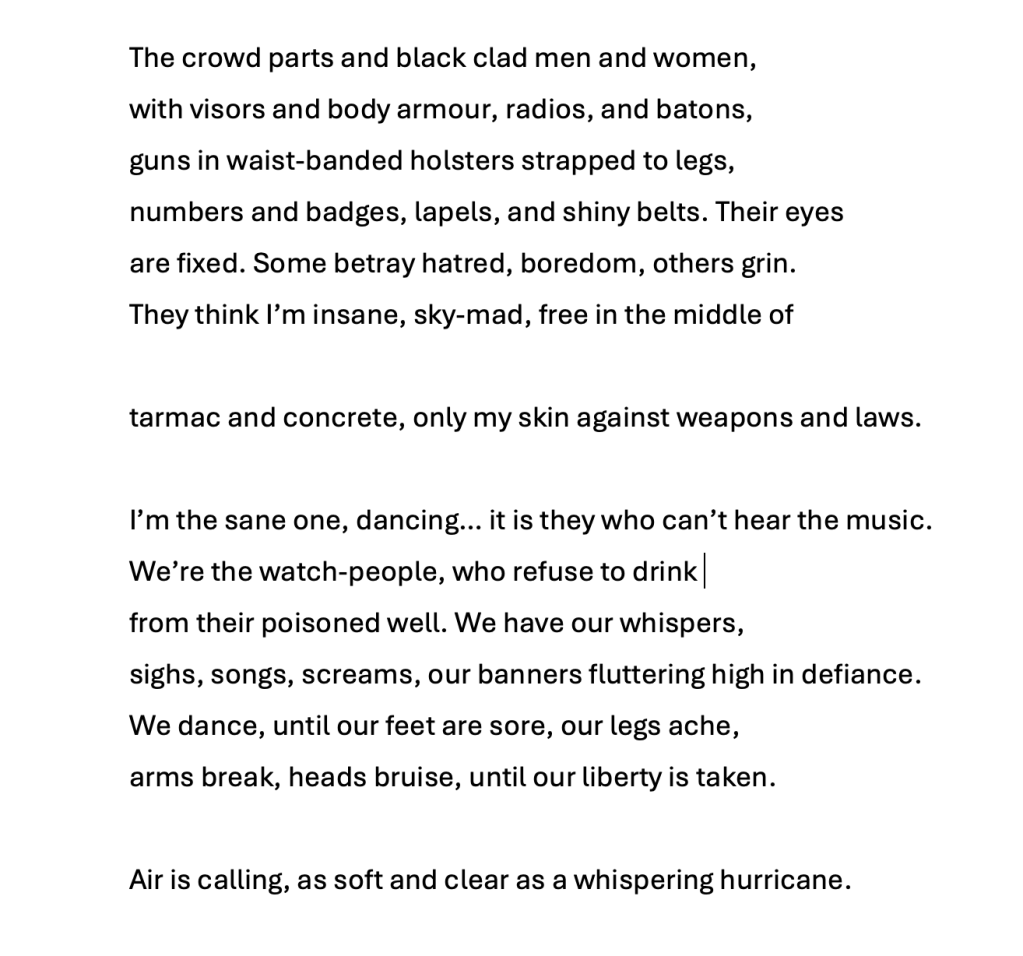
I was invited to write the preface for Exiled Bird, the poetry collection by Ad-Deen Adeeb Kamal, a highly regarded Iraqi poet, now living in Australia. I recommend this collection to anyone interested in Arabic poetry in English, especially the mystical force of the Arabic letter and Sufi symbolism. It is also poetry of exile and reflects both the recent and ancient history of Iraq, but which defies nostalgia. I’m unsure when it will be published.
The work of Mahjoub Sharif is still highly regarded in Sudan, after his death in 2014. His family published a collection of his well-known and loved poems in English in September 2025, to help introduce him to a wider audience. Sharif’s works are still recited and set to music to keep alive his spirit and his passion for the liberation of the Sudanese people. I was asked to write a review and to speak about his work during an international, online book launch, along with Arabic scholars and his family members.
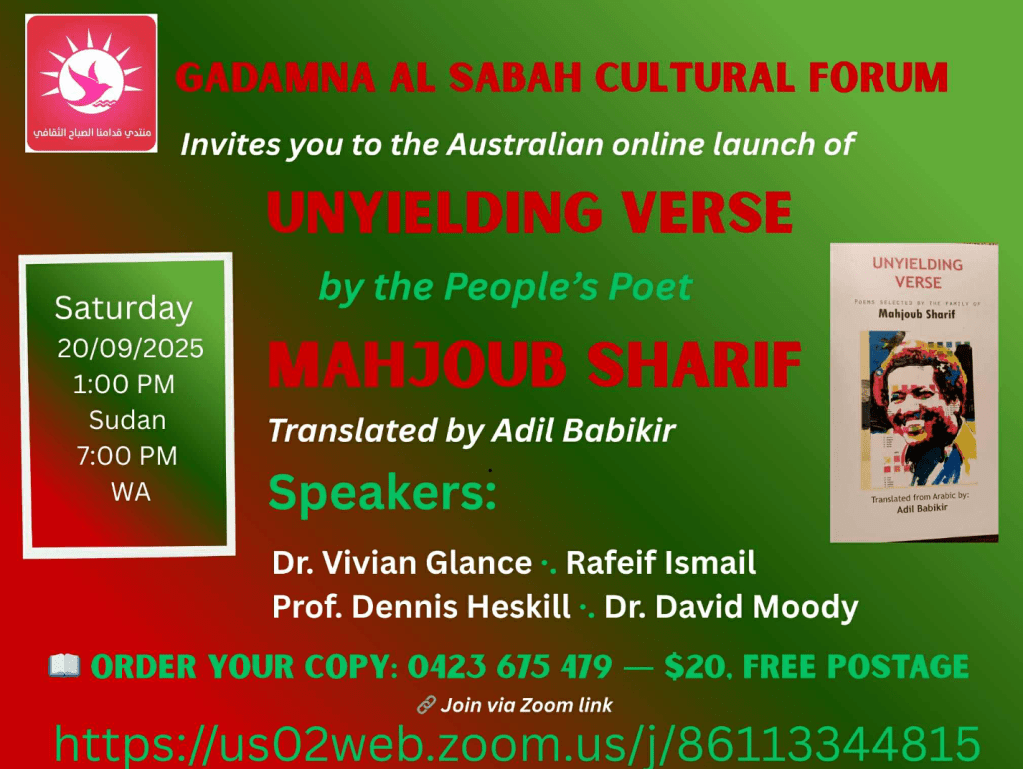
As a writer who was short-listed for the Dorothy Hewett Award, I was invited by Fremantle Press to speak on a panel to celebrate its 10th Anniversary. I was joined by Lisa Collyer, Shey Marque, Kaya Ortiz, and Caitlin Maling, all wonderful poets who I admire to talk about how ‘competing’ in these awards, how it felt to be short-listed, and what impact it had on my career. It was a fascinating conversation, and the 2025 winner, Mohammed Massoud Morsi, was in attendance. I’m looking forward to the publication of his manuscript ‘The Hair of the Pigeon’ sometime soon, I hope.
